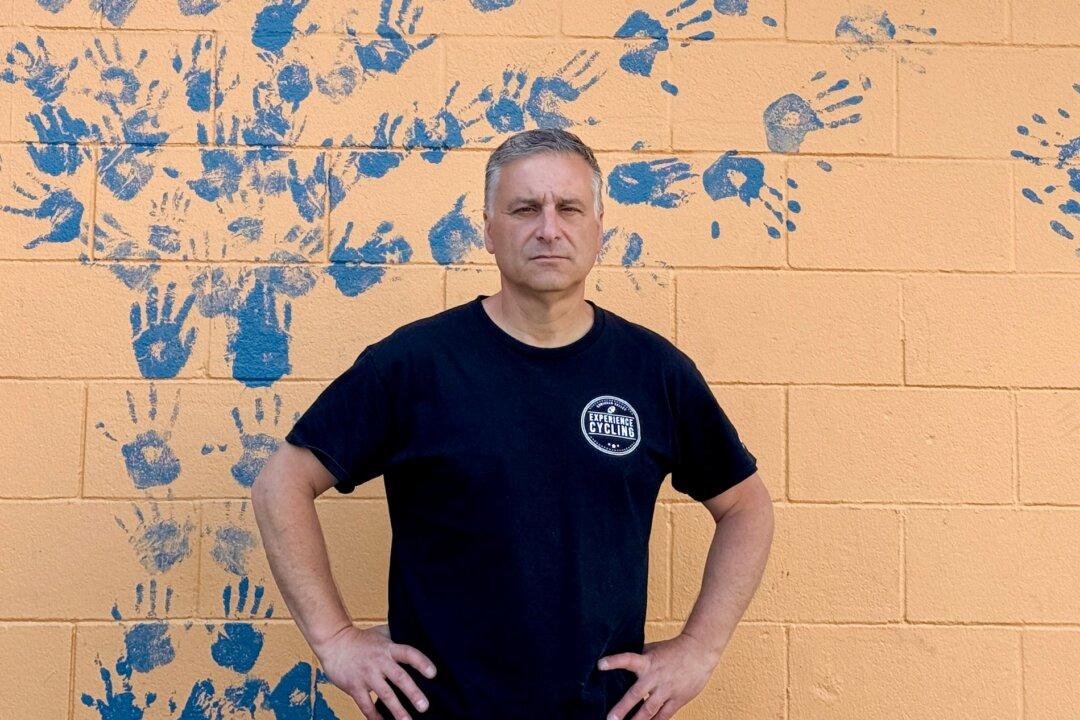When Will Arnold set up a bike shop in Duncan, B.C., more than 30 years ago, he didn’t realize he'd spend nearly a decade dealing with littered streets, graffiti, and open drug use.
He certainly never thought he would be threatened with a gun or have a knife pulled on him in the once-quiet community of 5,000 people.





